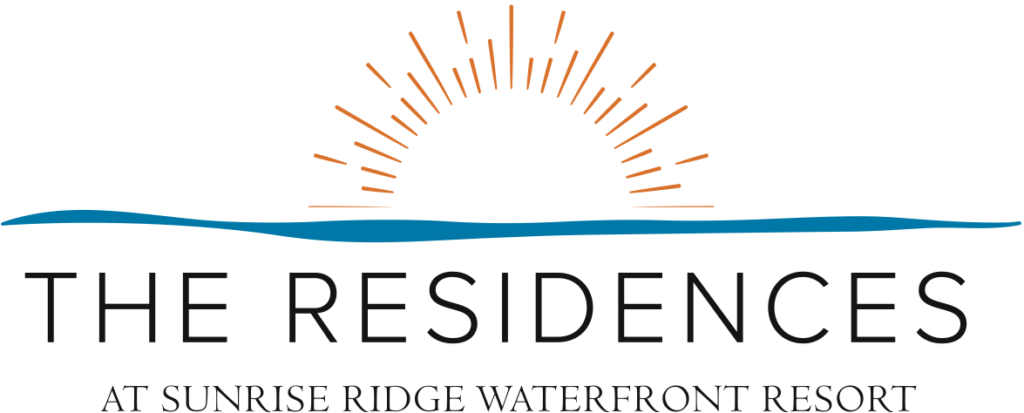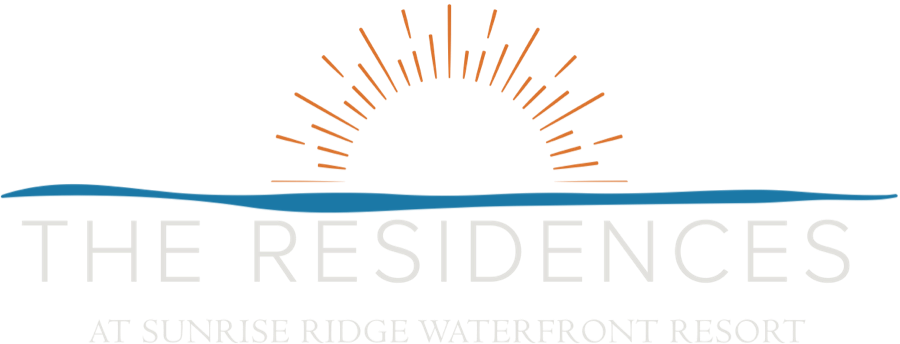19 Nov Real Estate Trends
Although the concept of Fractional Real Estate has been around for a couple of decades, over the past few years it has seen huge increases as an alternative way to own a vacation home. More and more people are realizing that it’s not just a new term for timeshare and the negative connotations it holds for some people. There is still significant confusion as timeshare has been given some creative names over the years including; private residence club, destination clubs, vacation home partnership, condohotel, and more. None of these offers the distinctive benefits of fractional ownership. Fractional Real Estate means both the residence and it’s furnishings are owned by a small number of owners (normally 2 to 8) and there has been a conveyance of title. All of the alternatives have the developer retaining ownership.
Fractional ownership appeals both to timeshare and vacation home owners. Timeshare owners appreciate the fact that they own the property, not the developer. They have a voice and a vote in what happens at their resort. And any equity gain is theirs, not the developer. Wear and tear is far greater if there are 50 one week “owners” using a property. With a maximum of 8 owners for each fractional resort condominium, pride of ownership comes into play.
Interest has also been from those considering or already owning a vacation home outright. Because most people use their vacation home for a maximum of 30 days/yr., the opportunity to pay only the fraction of the acquisition and operating expense that relates to their usage makes fractional ownership a sensible alternative. This approach means you can afford to own a usable fraction of a large, luxurious property rather than finding an entire property that matches your budget.
Many owners of second homes are faced with two unappealing choices regarding their unused time. If they leave it sitting empty while it’s not being used, there are a couple of issues. One is the sheer guilt of the time wasted and your return on investment. But there are also issues with potential damage & theft that can occur in unoccupied homes. Most insurance companies limit or void coverage on unoccupied properties for understandable reasons.
To help cover the substantial expense of purchasing and maintaining whole ownership of a vacation home, many owners want to rent their unused time. Finding long term, reliable tenants will be an on-going challenge, but if you want them out everytime you want to use the property yourself, it’s nearly impossible. Short term rentals involve many hours/dollars advertising, responding to inquiries, handling bookings, etc. Hiring a property manager is an option, but there’s a corresponding expense involved. Are they going to find renters for you and meet each renter with the key? How about when there are problems like a plugged toilet or malfunctioning appliances? Will they inspect your home after each renter leaves to make sure there’s no damage and the t.v. and microwave are still there? And after their inspection will they clean your home, change the linens and towels and replace consumable items like soap and shampoo? If they won’t do all this for you, are you able and willing to do it yourself? Many fractional owners find they aren’t even concerned about rental income for a couple of weeks instead of months of vacant time.
Here’s a link to some other advantages that you might find very appealing…
If you’re one of the people described above, do yourself a favour and explore the advantages of Fractional Ownership at Sunrise Ridge Waterfront Resort in Parksville, B.C.


No Comments